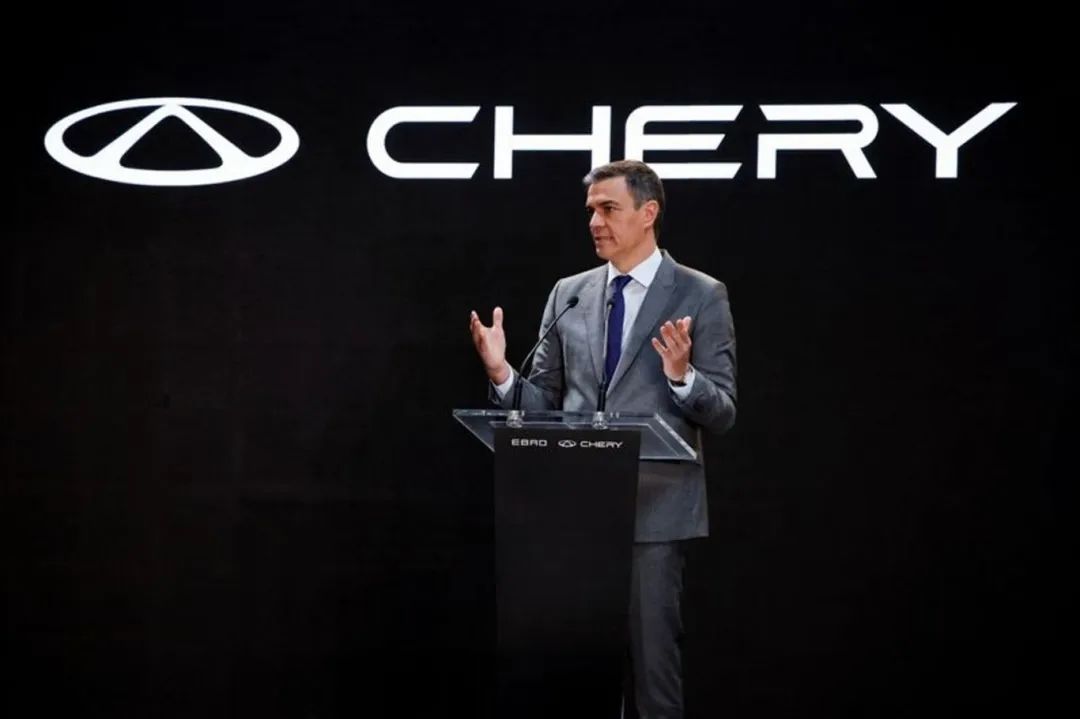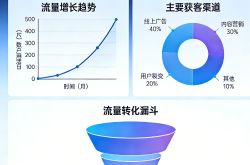Chery Finds a Way to Deal with EU Tariff Increase
![]() 11/27 2024
11/27 2024
![]() 528
528
Introduction
Introduction
The ultimate goal of gathering together to express opinions is to find problems and make suggestions together through discussion, thereby promoting the development of the automotive industry.
Less than a month before the EU officially imposes tariffs on Chinese electric vehicles, Chinese automakers represented by Chery have begun to seek countermeasures.
On the evening of October 29, 2024, the European Commission officially announced the imposition of final countervailing duties on imports of new electric vehicles originating in the People's Republic of China for passenger transport.
The tariff rates range from 17.0% for BYD, 18.8% for Geely, to 35.3% for SAIC. The lowest rate is 7.8% for Tesla (Shanghai) Co., Ltd. Other cooperative enterprises are all at 20.7%, while all other non-cooperative companies are at 35.3%, the same as SAIC.

However, Chinese automakers responded quickly and found strategies to deal with the EU tariff increase—localization and partnership with local enterprises.
Localization of Components for Tax Avoidance
Recently, EV Motors, a Spanish electric vehicle company and Chery's partner, stated that it is striving to secure locally manufactured components for its joint venture with Chery. After localizing components, the cars jointly produced by Chery and EV Motors can be sold under the name of European cars, avoiding high countervailing duties.

The two companies previously acquired a former Nissan factory in Barcelona and announced earlier this year that they would jointly produce fuel, hybrid, and pure electric vehicles.
Rafael Ruiz, president of EV Motors, said in an interview that the localized supply of components will reduce import costs and increase productivity. "We have conducted a very detailed analysis and are working hard to make this car a European car."
Since the EU imposed high tariffs on imports of Chinese electric vehicles this month, local sourcing of components has become more important.
Although Chery and EV Motors plan to assemble cars using kits in a KD manner at the Barcelona factory, they must meet the minimum content requirements to be considered as EU-made.

Chery is not without precedent. Those familiar with Chery's export business know that as the export champion among domestic independent brands, Chery cooperates with DR Automobiles in Italy to sell Chery vehicles under an OEM arrangement. Earlier this year, however, the Italian Antitrust Authority fined DR Automobiles €6 million for misleading consumers about the Chinese origin of DR and EVO vehicles.
DR Automobiles' DR and EVO brand cars appear to be "Made in Italy," but they are actually OEM vehicles produced by Chery, JAC, and BAIC, with most manufacturing done in China and only a small amount of finishing and assembly work done in Italy.
Tariff Increase is a Double-Edged Sword
Obviously, the EU's imposition of countervailing duties on Chinese electric vehicles is not conducive to promoting the electrification of vehicles by local joint ventures. As a result, some companies have even slowed down the production of new energy vehicles with Chinese partners and focused on the production of traditional fuel vehicles first.

Due to the EU tariff increase, the production of the flagship Omoda 5 electric vehicle planned by Chery and EV Motors at the Barcelona factory will be delayed until October 2025.
EV Motors owns an automotive brand, Ebro, founded in 1954 and once part of Nissan. The company was listed on the Madrid BME Growth on October 14 and had a market value of €406 million ($429 million) as of November 14. Ruiz said that the Ebro brand will start producing traditional fuel SUVs this month.
In fact, Ebro's production of fuel vehicles still involves KD assembly and disassembly kits, equivalent to prefabricated cars arriving in batches. Based on the production pace (JPH) of the Barcelona factory, the capacity is equivalent to producing one car every 10 minutes. In this process, parts are disassembled and need to be welded, painted, and reassembled in the importing country.
By 2025, the Barcelona factory will open a complete CKD production line, followed by the local sourcing of more components, gradually moving towards full-scale manufacturing.
The Barcelona factory will start with 200 workers working in two shifts, with a third shift added in February. By 2026, the joint venture has committed to employing up to 1,250 people.

On the other hand, while localization of components in overseas markets can be beneficial for tax avoidance for Chery, it still needs to strike a balance between industrial chain expansion, technology export, and maintaining technological advantages. Foreign media have reported that China does not want all its new energy vehicle technologies to flow abroad without reservation, and some automakers have even been criticized for this.
In addition, not all overseas markets are worth promoting localization of components. Spain and Italy are considered countries with better conditions.
Spain is the second-largest automobile producer in Europe after Germany, with a strong list of suppliers ranging from bumper manufacturers to stamping technology and motors. For example, Antolin is one of the world's largest automotive interior component manufacturers and one of the largest suppliers of headliners.
Obviously, the EU's imposition of tariffs on Chinese electric vehicles appears to protect local industries in the short term, but in the long term, interfering with the normal development of the industry is detrimental to Europe itself.






